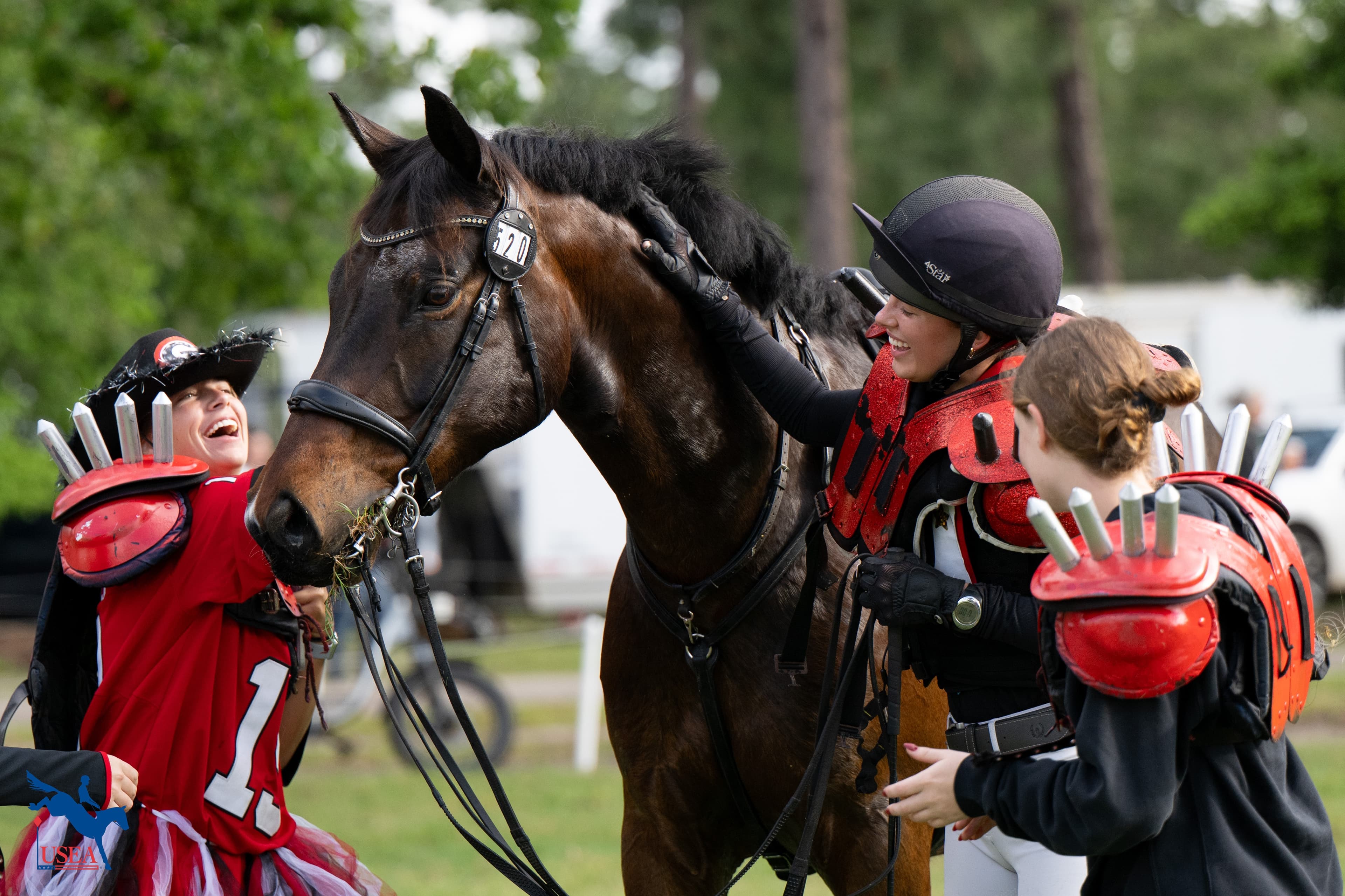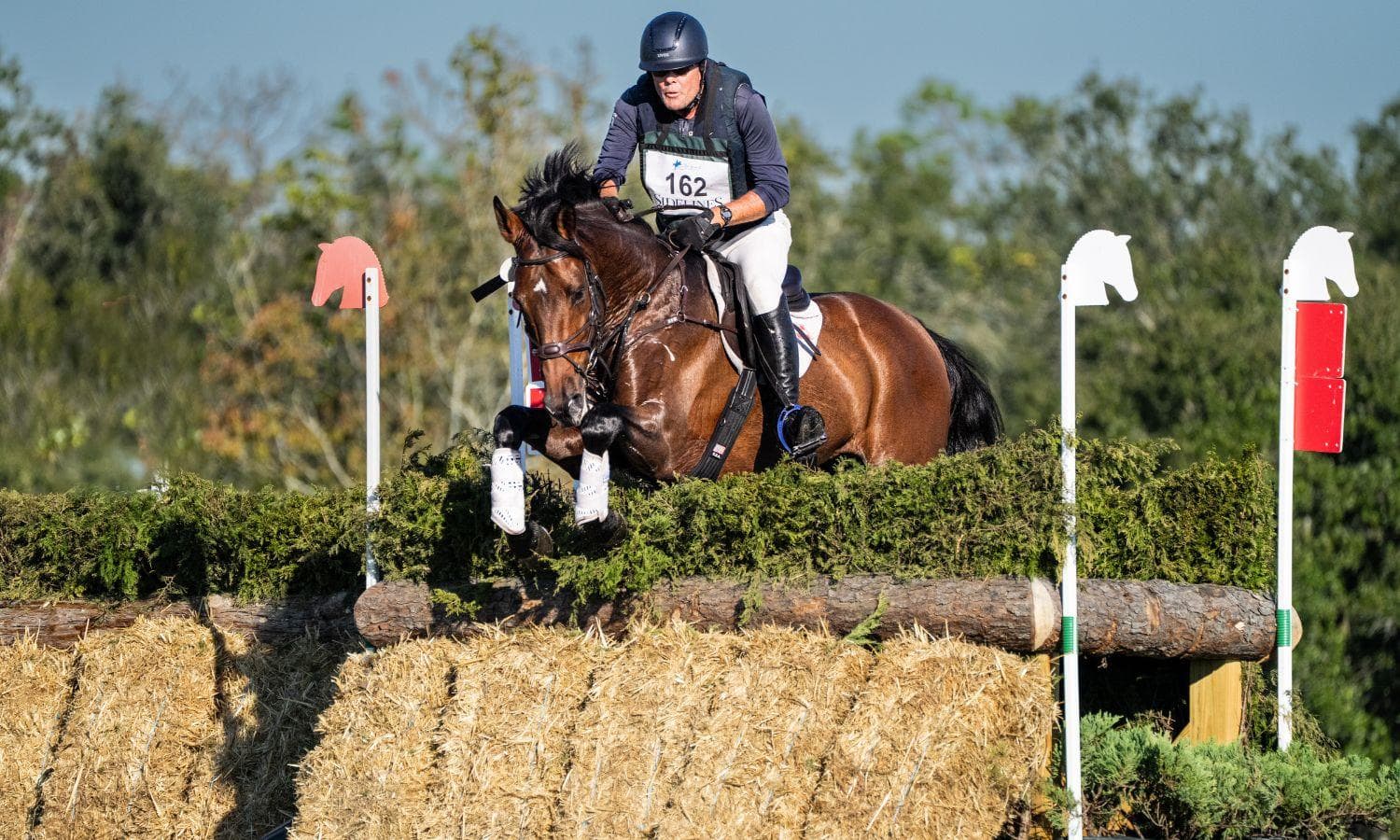Well, they’re back; those pesky little annoyances that show up every summer, flying up your nose and making you itch like crazy. The things that make you wish you lived in Iceland.
You know, mosquitoes. You might say that they’re only bugs, right? How much harm can they possibly do, aside from annoying you and your horse to death? Well, that phrase might have a more literal meaning than you think.
As the weather gets warmer and the mosquito population skyrockets, so does the risk of getting- or spreading- a mosquito-borne disease, such as Eastern Equine Encephalitis, or West Nile Virus. Not worried yet? Keep reading. According to the FL Dept. of Ag press release from last week, there have already been nine confirmed cases of EEE in Florida this year. There were a total of 18 cases in 2007. This is March; peak season for EEE isn’t supposed to start until May. You do the math.
Charles H. Bronson, Florida’s Agriculture and Consumer Services Commissioner, is doing his best to encourage horse owners to start vaccinating the horses against EEE and West Nile Virus. It is becoming more and more obvious that these viruses are very real, and as horse owners, it’s our responsibility to protect our horses every way we can.
According to Bronson, the majority of mosquito-borne illnesses can be prevented simply by giving the proper vaccinations and booster shots. In the nine cases we’ve had so far this year, six of those horses had not been vaccinated, and two hadn’t received their booster shots. Only one horse was current on all vaccinations. “I am very concerned about the high number of cases so early in the year and I hope it doesn’t mean we are in for a bad year,” says Bronson. “But we can take steps to keep that from happening, and that is to get the vaccinations done as quickly as possible.”
EEE is a virus that affects the horse’s central nervous system, and it is transmitted by infected mosquitoes. Tell-tale symptoms can include fever, listlessness, stumbling or circling, and even coma. This virus is fatal in 90% of the horses it infects. So far, EEE has been confirmed in the following Florida counties:
Putnam
Lake
Polk
Columbia
Clay
Volusia
Four of the nine cases were all in Volusia County. All nine cases were fatal.
If your horses are already vaccinated, then kudos to you! If they aren’t, what are you waiting for? Even if you don’t live in Florida, but are down visiting for whatever reason, then vaccinate! You don’t want to bring an unprotected horse to Florida, have him get infected, and then spread the virus even further. Don’t sit around and think, “I don’t need to vaccinate, there haven’t been any cases near me”. When was the last time you saw a horse farm in Florida with no mosquitoes?















